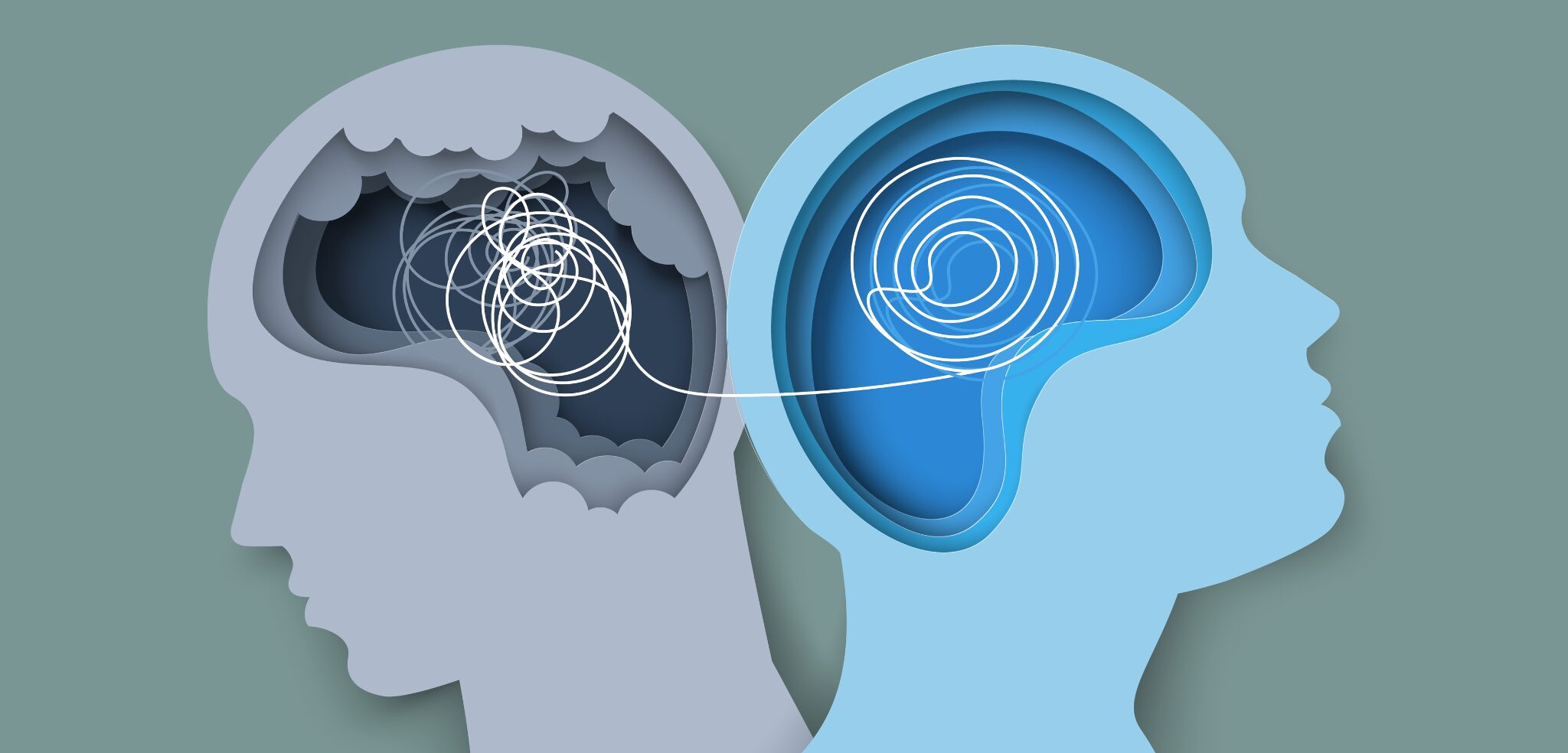Comprehensive Inpatient Mental Health And Wellness Providers for Effective Treatment
Inpatient mental health and wellness services stand for a vital component of the health care system, providing a organized and intensive environment for individuals experiencing extreme psychological distress. These services utilize a multidisciplinary approach, incorporating numerous evidence-based therapies to deal with the intricate demands of patients. The effectiveness of such extensive care prolongs beyond immediate stabilization; it likewise includes the shift to outpatient assistance, an important stage usually overlooked - Inpatient Mental Health Facility. Exploring the subtleties of this continuum discloses substantial effects for both specific recuperation and more comprehensive psychological wellness end results. What variables absolutely affect this shift, and exactly how can we improve its performance?
Understanding Inpatient Mental Wellness Providers
Inpatient mental health solutions offer crucial assistance for people experiencing severe psychological distress that can not be taken care of successfully in an outpatient setting. These solutions are developed to offer an extensive level of treatment in an organized environment, often within a hospital or specialized center. Patients confessed to inpatient programs usually present severe signs and symptoms, such as self-destructive ideation, extreme anxiety, or psychosis, requiring day-and-night surveillance and intervention.
The admission procedure typically entails a detailed assessment by mental wellness experts, who examine the person's psychological state, background, and immediate requirements. As soon as admitted, individuals participate in a range of healing modalities customized to their details requirements, consisting of drug management, private treatment, and group sessions. This alternative technique intends to support the individual's problem, promote safety and security, and foster coping abilities.
Inpatient mental health and wellness solutions not just address prompt wellness issues however also work as a bridge to continuous treatment. By giving a regulated environment, these services facilitate the advancement of therapy strategies that can be proceeded in outpatient setups, hence ensuring a continuum of care and improving lasting outcomes for individuals with complex mental health needs.
Key Components of Effective Treatment
Efficient therapy in inpatient psychological wellness solutions makes up a number of crucial elements that promote recovery and stabilization. A thorough analysis is crucial to recognize the person's certain requirements and difficulties. This evaluation educates the advancement of a tailored therapy strategy, which functions as a roadmap for treatment.
One more important part is the multidisciplinary team method. Partnership among psychiatrists, psychologists, nurses, and social workers ensures that different point of views add to the patient's treatment, improving the effectiveness of therapy. Evidence-based restorative modalities, such as cognitive-behavioral treatment (CBT) and dialectical behavior modification (DBT), are additionally important, offering structured methods that deal with maladaptive idea patterns and behavior issues.

Last but not least, a focus on aftercare preparation is crucial to make certain a smooth transition to outpatient solutions, reducing the threat of relapse and advertising long-lasting wellness. These collective parts create an effective therapy framework within inpatient psychological health and wellness solutions.
Benefits of Comprehensive Treatment

Thorough care in inpatient mental health and wellness solutions offers various advantages that dramatically enhance individual end results. One of the primary advantages is the alternative technique to therapy, addressing not only the mental signs but also the physical, social, and emotional requirements of individuals. This detailed assessment enables tailored interventions that promote overall health.
An additional advantage is the integration of multidisciplinary teams, which fosters collaboration among healthcare professionals. This collaborative environment guarantees that individuals get collaborated care, reducing the risk of fragmented therapy and boosting interaction amongst caretakers. Moreover, detailed care helps with continuity of solutions, enabling smooth shifts from inpatient to outpatient settings, which is critical for lasting recuperation.

Lastly, the structured environment of comprehensive inpatient care provides a safe room for patients to participate in healing tasks, assisting them establish coping techniques and resilience. Collectively, these advantages add to much more effective treatment and improved top quality of life for individuals experiencing mental health situations.
Evidence-Based Healing Techniques
In the realm of mental health Resources therapy, evidence-based healing techniques play an essential duty in ensuring that people get effective and scientifically sustained interventions. These strategies integrate the most effective readily available research study with clinical proficiency and person values, cultivating a tailored treatment experience that attends to individual demands.
Cognitive Behavioral Treatment (CBT) is one of the most extensively recognized evidence-based techniques, concentrating on recognizing and changing unfavorable idea patterns and actions. This organized approach has demonstrated effectiveness in dealing with problems such as ptsd, depression, and stress and anxiety. In A Similar Way, Dialectical Behavior Therapy (DBT) is particularly efficient for individuals with borderline character condition, stressing the growth of psychological law and social performance abilities.
In addition, drug monitoring is often an important part of evidence-based therapy, as psychotropic drugs can relieve signs and symptoms and enhance general functioning. Collaborative treatment versions, which include multidisciplinary teams, even more enhance the efficiency of inpatient solutions by making certain thorough analyses and continual tracking.
Eventually, the integration of evidence-based healing strategies not just promotes favorable medical end results yet also encourages individuals, promoting a sense of firm and resilience in their psychological wellness trips.
Transitioning to Outpatient Support
The change from inpatient mental health solutions to outpatient support notes an important phase in a patient's healing journey. This duration needs careful preparation and coordination to make certain continuity of treatment and to alleviate the risks of regression or crisis. Reliable discharge planning need to commence early in the inpatient remain, involving a multidisciplinary group that includes psychoanalysts, psycho therapists, nurses, and social employees.
Crucial element of an effective change include the advancement of an extensive aftercare strategy tailored to the person's specific requirements. This strategy must outline follow-up visits, medication administration, important site and therapeutic interventions, along with determine neighborhood resources and support system that can help with recurring recuperation.
Additionally, person and family education is important throughout this stage. Understanding the indicators of prospective obstacles and the significance of sticking to treatment can equip people and their assistance systems.
Normal follow-up and review of the outpatient strategy are important to address developing challenges. By fostering a joint partnership in between inpatient and outpatient suppliers, the probability of continual recovery increases, ultimately boosting the patient's quality of life and decreasing the threat of readmission.

Final Thought
In summary, comprehensive inpatient mental health and wellness services supply a necessary structure for resolving serious psychological distress with a multidisciplinary strategy. click for info Ultimately, such thorough care is essential for long-lasting psychological health and wellness and wellness.
The admission process typically entails a detailed evaluation by psychological health and wellness specialists, who assess the individual's mental state, background, and instant needs.Reliable treatment in inpatient mental wellness services consists of several vital elements that promote recovery and stabilization.Detailed care in inpatient mental health and wellness solutions uses many advantages that dramatically enhance patient end results.The change from inpatient psychological wellness services to outpatient support marks a crucial stage in a client's recovery journey.In recap, extensive inpatient psychological health services use an important framework for attending to serious psychological distress via a multidisciplinary method.
Comments on “Benefits of Choosing Effective Inpatient Mental Health Treatment”